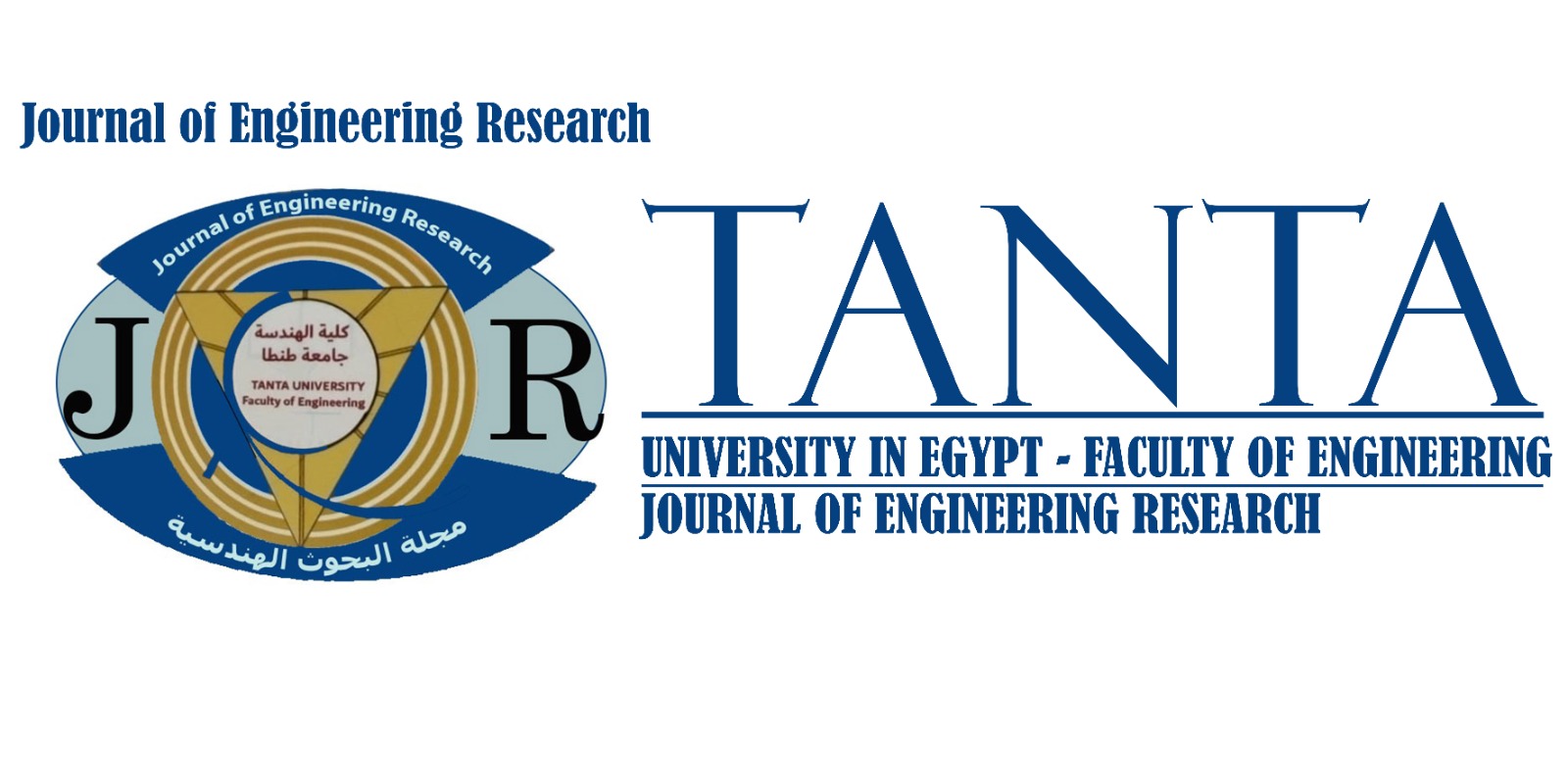Journal of Engineering Research

Abstract
The contemporary era underscores the paramount significance of the water sector, largely due to dwindling resources and the exponential growth of the global population. Consequently, there is a pressing need to emphasis the vital role of desalination processes in addressing these challenges. In recent times, nations worldwide have shifted their focus towards optimizing treatment facilities. This optimization is pursued through the enhancement of plant efficiency and the amalgamation of diverse desalination technologies. The latter strategy has demonstrated its efficacy in augmenting on-ground productivity. Within this context, we embark on an exploration of the world's foremost desalination facilities, delving into their production capacities and their hybridization status. Furthermore, we delve into the pivotal dimension of integrating renewable energy sources into these processes, acknowledging the substantial energy demands that desalination inherently entails. It is evident that countries in the Middle East have showcased a noteworthy inclination towards hybridization endeavors, which have yielded substantial improvements in station productivity. Notably, the RO-MSF hybrid system has emerged as a highly reliable choice among the various hybridization schemes employed in operational plants. The Middle East, in particular, has substantially bolstered its presence in the global landscape of operational hybrid plants, amassing a staggering total production capacity exceeding 17 million cubic meters per day. This attests to the region's remarkable commitment to securing sustainable water resources through innovative desalination approaches.
Recommended Citation
Elazab, hamouda Abueldahab, Abdelrahman Tarek Elgohr, mohamed elhadidy, M.A.
(2023)
"A Comprehensive Review on Hybridization in Sustainable Desalination Systems,"
Journal of Engineering Research: Vol. 7:
Iss.
5, Article 12.
Available at:
https://digitalcommons.aaru.edu.jo/erjeng/vol7/iss5/12

